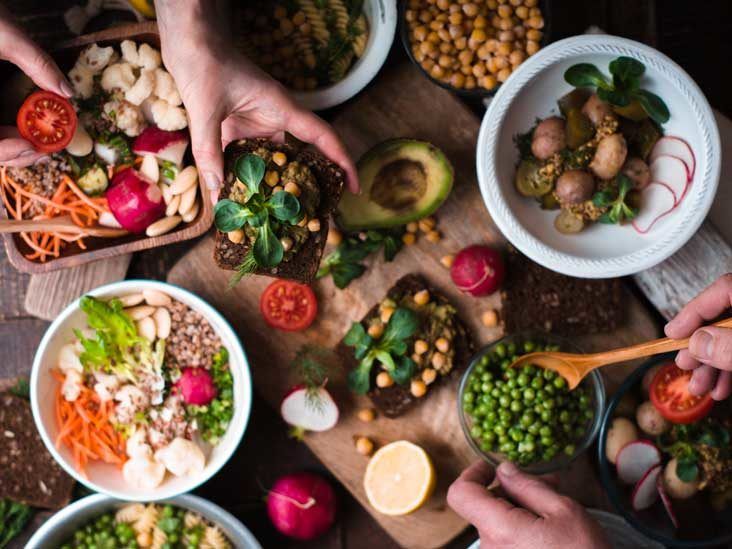Boba, or bubble tea, is a beverage originally from Taiwan that’s made by adding tapioca pearls to black tea with milk and flavored syrup.
These pearls are produced from a type of starch extracted from cassava root, giving bubble tea a unique, chewy texture.
However, some people are concerned about bubble tea’s safety, including whether it causes cancer.
This article takes an in-depth look at the evidence to determine whether boba causes cancer.

It’s very unlikely that boba contains carcinogens, which are substances that cause cancer.
Still, in 2012, numerous news outlets covered a German study in which researchers claimed that samples of tapioca pearls from a bubble tea chain contained compounds like styrene and acetophenone.
Styrene, a chemical often used in manufacturing, is also found naturally in small amounts in many foods (1).
Meanwhile, acetophenone is a synthetic food flavoring that’s approved by the Food and Drug Administration (FDA) (2, 3).
Researchers in this study and media sources mistakenly identified these compounds as polychlorinated biphenyls (PCBs), which are probable carcinogens (
While these compounds aren’t technically PCBs, a review of animal studies that was conducted by the U.S. National Toxicology Program indicates that styrene may be carcinogenic (
However, it’s unclear where the bubble tea in the original study was sourced, how much of these compounds were present, and whether these compounds are found in all types of bubble tea or just the samples used in the study.
Furthermore, because this study was never published or peer reviewed, the validity of its results is questionable.
As such, there’s no scientific evidence linking bubble tea to cancer.
summaryDespite a handful of news reports to the contrary, there’s no scientific evidence linking boba to cancer. The study that led to these claims misidentified several compounds and was never published or peer reviewed.
While you shouldn’t worry about boba causing cancer, it’s important to consider how much sugar it contains.
Although the exact amount varies depending on the flavor and type of bubble tea, a 16-ounce (475-mL) serving usually contains around 300 calories and 38 grams of sugar (
Sugar-sweetened beverages like bubble tea have been linked to several adverse health effects, including heart disease, obesity, liver problems, and type 2 diabetes (
Some studies also tie an increased intake of sugary drinks to a higher risk of certain cancers, including breast, liver, prostate, colorectal, ovarian, and endometrial cancers. However, research is mixed (
The U.S. Department of Agriculture (USDA) recommends limiting added sugars to under 10% of your total daily calorie intake. If you’re following a 2,000-calorie diet, a 16-ounce (475-mL) bubble tea would be about 76% of your daily sugar allowance (
summaryBoba tea is very high in sugar, with around 38 grams in a single 16-ounce (475-mL) serving. Drinking sugary beverages frequently may increase your risk of several illnesses.
In moderation, boba tea can fit into a healthy, well-rounded diet.
While more research is needed to evaluate whether boba contains any harmful compounds, drinking it from time to time is very unlikely to increase your risk of cancer.
However, because it’s very high in sugar, it’s best to limit your intake and enjoy boba as an occasional treat rather than a regular part of your diet.
You can also reduce the amount of sugar in your bubble tea by asking for less flavored syrup, choosing a smaller size, and skipping the sugary toppings.
summaryWhen consumed in moderation, boba tea is unlikely to cause cancer. Yet, because it’s very high in sugar, it’s best to limit your intake.
Bubble tea is made by adding tapioca pearls, or boba, to tea with milk and flavored syrups.
Although one unpublished study reported that bubble tea contains carcinogens, it misidentified several compounds.
As such, bubble tea is unlikely to cause cancer. Nonetheless, you should enjoy it in moderation due to its high sugar content.
Just one thing
Try this today: For an easy treat, try making boba yourself using tapioca pearls, black tea, and your choice of milk. This homemade version not only cuts back on sugar but also saves you money.







